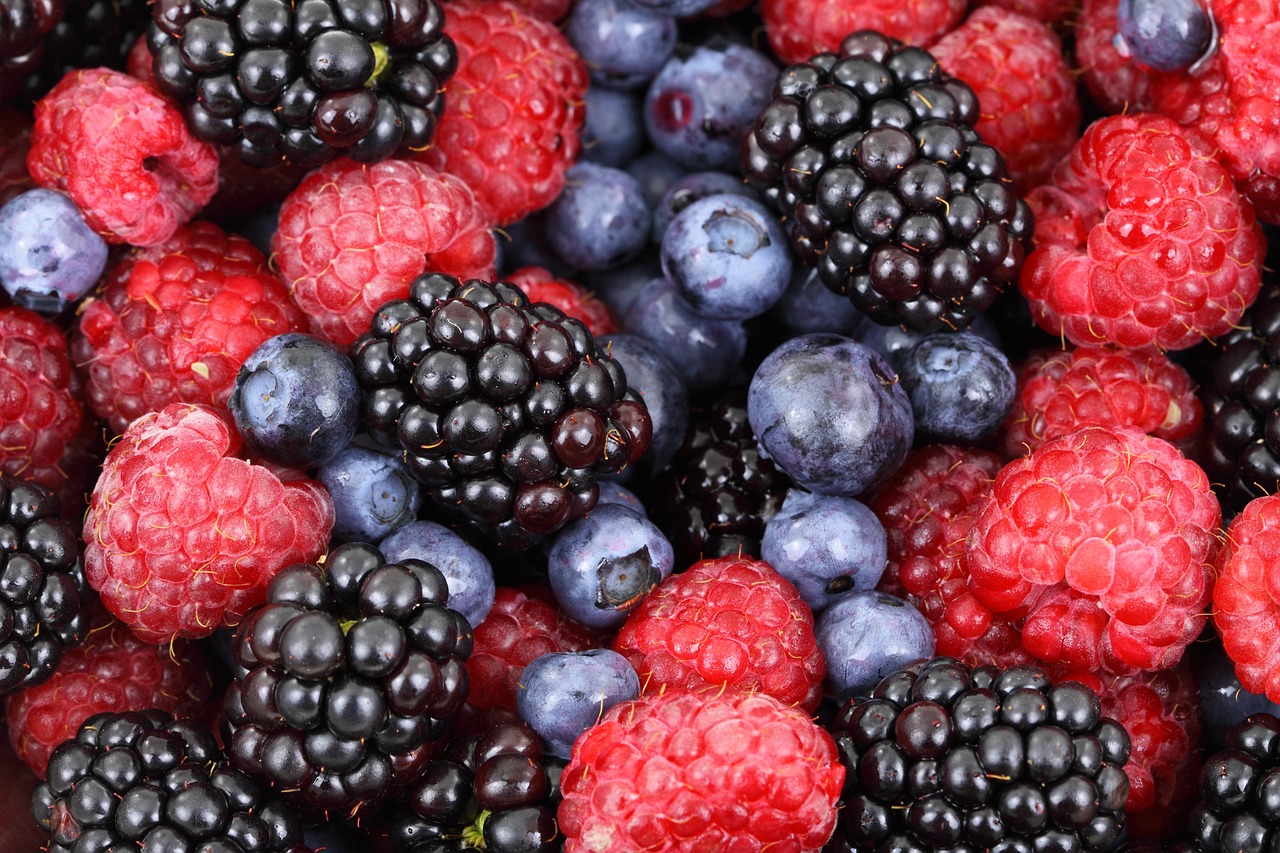Flavonols to Avoid Frailty

PREMIUM CONTENT for MEMBERS ONLY
When thinking about health tips for longevity, the goal is often focused on a longer lifespan instead of increasing the amount of healthy, able-bodied years to live, also called “health span”. One of the most common restrictions to a lasting active lifestyle is frailty, a geriatric symptom complex that can increase the risk of hospitalization, disability, falls, fractures and mortality. Recent studies have found that consuming foods high in flavonoids, besides having other cardiovascular and cognitive benefits may lower the risk of frailty. Prevalence of frailty increases with age, with approximately 10% of people over the age of 65 impacted.
Flavonols are a naturally occurring large-molecular compound found in many fruits and vegetables that include berries, onions, peaches, tomatoes and kale. Other sources of flavonols include dark chocolate, tea and red wine. Lauri Wright, PhD, RDN, LD, the president-elect of the Academy of Nutrition and Dietetics explains that flavonoids belong to the polyphenol family, a broad group of compounds found in plants that have proven health benefits in particular the improvement in endothelial (lining of the arteries) function in the brain and heart. The antioxidant effects of these compounds when tested in the laboratory, appears to play a minimal role after human consumption. An overall nutritious diet and additional protein consumption are the usual recommendations for reducing the risk of frailty, but this new research gives hope of another effective dietary prevention method.
“Findings from the study suggest that “for every 10 mg higher intake of flavonols per day, the odds of frailty were reduced by 20 percent.”
The study mentioned above, performed by a group of investigators at the Beth Israel Deaconess Medical Center, Harvard Medical School, and published in the American Journal of Clinical Nutrition in May, reports that a higher intake of flavonols is associated with lower odds of developing frailty. The study utilized data from the Framingham Heart Study – Offspring Cohort to determine the association between flavonoid intake and frailty onset. There were 1,701 individuals included in this analysis – 55.5% were women and the average age was 58.4 years. All were free of frailty at baseline and followed from ~12 years to evaluate frailty status (evaluated by the Fried Frailty Phenotype). After ~12 years, 13.2% of the participants developed frailty. Using insights from previous research suggesting flavonoids may reduce oxidative stress when evaluated in a test tube (a factor involved in cell aging) and decrease levels of chronic inflammation and the development of frailty, the researchers decided to focus on flavonoid consumption amongst the participants. Findings from the study suggest that “for every 10 mg higher intake of flavonoids per day, the odds of frailty were reduced by 20 percent. Authors from the study assured that individuals can easily consume 10 mg of flavonoids per day considering one medium sized apple had about 10 mg of flavonols.
“Each additional 10 milligrams of dietary quercetin consumed per day was associated with a 35% lower risk of frailty.”
Although the researchers found that the association between general flavonoid intake and frailty was not a statistically significant shift, they did find that consumption of flavonols, a subgroup of flavonoids that includes quercetin, kaempferol and myricetin, reduces risk for frailty by 20%. One flavonol in particular, called quercetin, was found to be particularly potent. Each additional 10 milligrams of dietary quercetin consumed per day was associated with a 35% lower risk of frailty. Foods such as dark berries and cherries, tea, sage, parsley, citrus fruits, olive oil and red wine are also strong sources of quercetin, one of the most beneficial forms of flavanols.
“These new findings are an exciting step towards more effective dietary recommendations for preventing frailty and supporting not only longevity, but an increase in healthy years.”
Overall nutrition is believed to play an important role in frailty prevention. Adequate protein consumption is especially important in order to maintain strength and prevent muscle loss as well as vitamin D and calcium to keep bones strong and prevent fractures. “What we eat, it’s nutrient composition, whether it leads to more acidity in the blood or alkalinity can make a big difference in frailty. If we are not eating enough or getting enough nutrients or antioxidants/anti-inflammatory foods, we will more likely be frail”, said Dana Ellis Hunnes, PhD, RD, a senior clinical dietician at the UCLA Medical Center and an assistant professor at the UCLA Fielding School of Public Health. Hunnes also recommends prioritizing a diet full of fruits and vegetables which naturally contain flavonols in order to consume enough nutrients to keep you healthy. Hunnes emphasizes that nutrition is not only important when entering old age, we should be thinking about nutrition as a long term lifestyle that may take months or years to see the benefits or detriments. These new findings are an exciting step towards more effective dietary recommendations for preventing frailty and supporting not only longevity, but an increase in healthy years.
Despite the high quality of the study, two words of caution regarding the implications and recommendations based on study results: 1) Like the majority of dietary studies, the Harvard study was an epidemiological study and does not prove the causality of flavanol intake and reduced frailty. A controlled clinical trial would be required to prove causality. 2) Even though red wine contains several classes of flavonoids such as epicatechin, flavonols (e.g., myricetin and quercetin) and anthocyanins, consumption of red wine should not be considered a primary source of these health beneficial molecules. As recently reviewed in this blog, the negative effects of regular alcohol may outweigh its health benefits, unless consumed in moderation.

Juliette Frank is a recent UCLA graduate with a degree in Public Affairs and Food Studies. Her interests include the interrelation between food systems, digestive health, and the environmental impacts of food production.
✓ This article was reviewed and approved by Emeran Mayer, MD